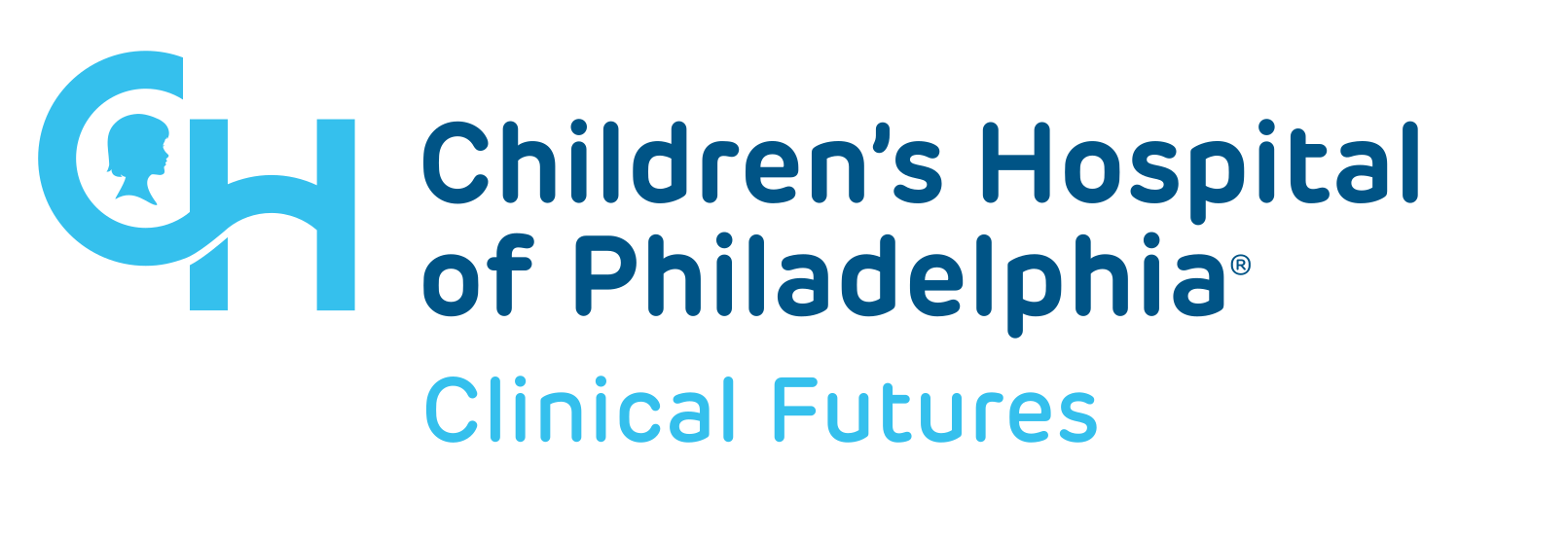Research In Practice Blog
Breadcrumb

Research Physicians’ Competing Interests
The vast majority of physicians work to provide care that promotes, maintains, and restores patient health in a clinical or community setting. For those who chose to work in academic hospital environments, professional expectations also include conducting research, obtaining support/funding, scholarly productivity, disseminating practice innovations, and mentorship. A key communications skill these functions require is scientific writing, but academic physicians are rarely afforded the time and resources to hone this skill.
Dedicated Time and Space
Supported by a mentorship grant, physician and implementation scientist Dr. Chris Bonafide led a team of Clinical Futures and CHOP colleagues in an academic writing retreat program pilot, geared toward improving experiences and outcomes of manuscript and grant writing.
“The only way to close the gap between research and practice is to synthesize, communicate, and disseminate findings,” explains Dr. Bonafide. “I hoped that this dedication of time and space would provide needed support to accelerate deliverables, and maybe even to help reinvigorate and reinspire some of us whose competing priorities were submerging our enthusiasm for writing.”
The year-long pilot consisted of four multi-day off-site quarterly retreats in four different locales. Retreat rental homes were within a 2-hour drive from the hospital employer, and food and supplies were attendee-provisioned. There were 27 participants across the four retreats, comprised of 18 unique attendees who represented a variety of professional backgrounds and specialties. Retreat structure was designed using proven models for learning theory, deep work principles, and implementation science. Both qualitative and quantitative outcome measures were collected for evaluation.
Economic, Clinical and Humanistic Outcomes
Writers retreat attendees benefitted both clinically and humanistically. Dedicated writing time and space, peer collaboration, high-touch mentorship, and meaningful feedback opportunities were reported among the most valued features of this experience. While the ultimate outcomes of grant and manuscript submissions were unavailable when this article was published, of the 24 papers worked on, 12 had already been accepted and 6 were under review; of the 4 grant proposals submitted, 2 were under review. At less than $300 per attendee per retreat, this model proved practical and scalable for improving scholarly productivity and collaboration within large academic institutions.
“I think we have shown the tangible and intangible benefits of this kind of initiative,” said Dr. Bonafide. “The CHOP Research Institute provides many valuable mentorship-focused services and supports, and I’m hopeful that one day we can standardize this model so that more physician researchers can benefit.”
Clinical Futures author(s):
Christopher P Bonafide, MD, MSCE; Chén Kenyon, MD, MSHP; Stephanie K Doupnik, MD, MS; Aditi Vasan, MD, MSHP; Irit R Rasooly, MD, MSCE; Meghan Galligan, MD, MSHP; Halley Ruppel, PhD, RN; Chris Feudtner, MD, PhD, MPH
Additional study author(s) from Children’s Hospital of Philadelphia:
Kristin D Maletsky, MD, MSEd; Laura Goldstein, MD, MSEd; Jessica Hart, MD, MHQS; Rebecca Tenney-Soeiro, MD, MSEd
Citation:
